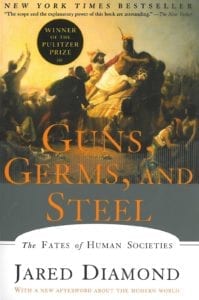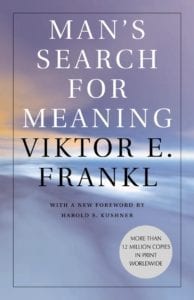Podcast: Play in new window | Download
Subscribe: Apple Podcasts | Spotify | RSS
In this episode, Jason Staples and Erik Rostad discuss book 22 of Erik’s 2018 Reading List and book 10 of Jason’s 2018 Reading List – Homo Deus.
Show Notes
- Suggested by Richard Branson on Episode 272 of The Tim Ferriss Show Podcast
- Author: Yuval Noah Harari
- Erik’s Book Review
- MetaReligion Book
- On the Genealogy of Morality
- Homo Deus Audiobook Version
- Yuval Noah Harari interview on the Rich Roll Podcast
- Support the Books of Titans Podcast on our new Patreon page




3 Comments. Leave new
I’m reading all of Harari at the moment and this talk is really making me think a lot about his conjecture. I love the way you really try and unpick the way authors make definitive statements particularly in relation to perception and extrapolation. Really glad I found you – I rarely get the chance to hear or take part in these conversations.
That’s fantastic. Thanks for the comment.
[…] Homo Deus Episode […]